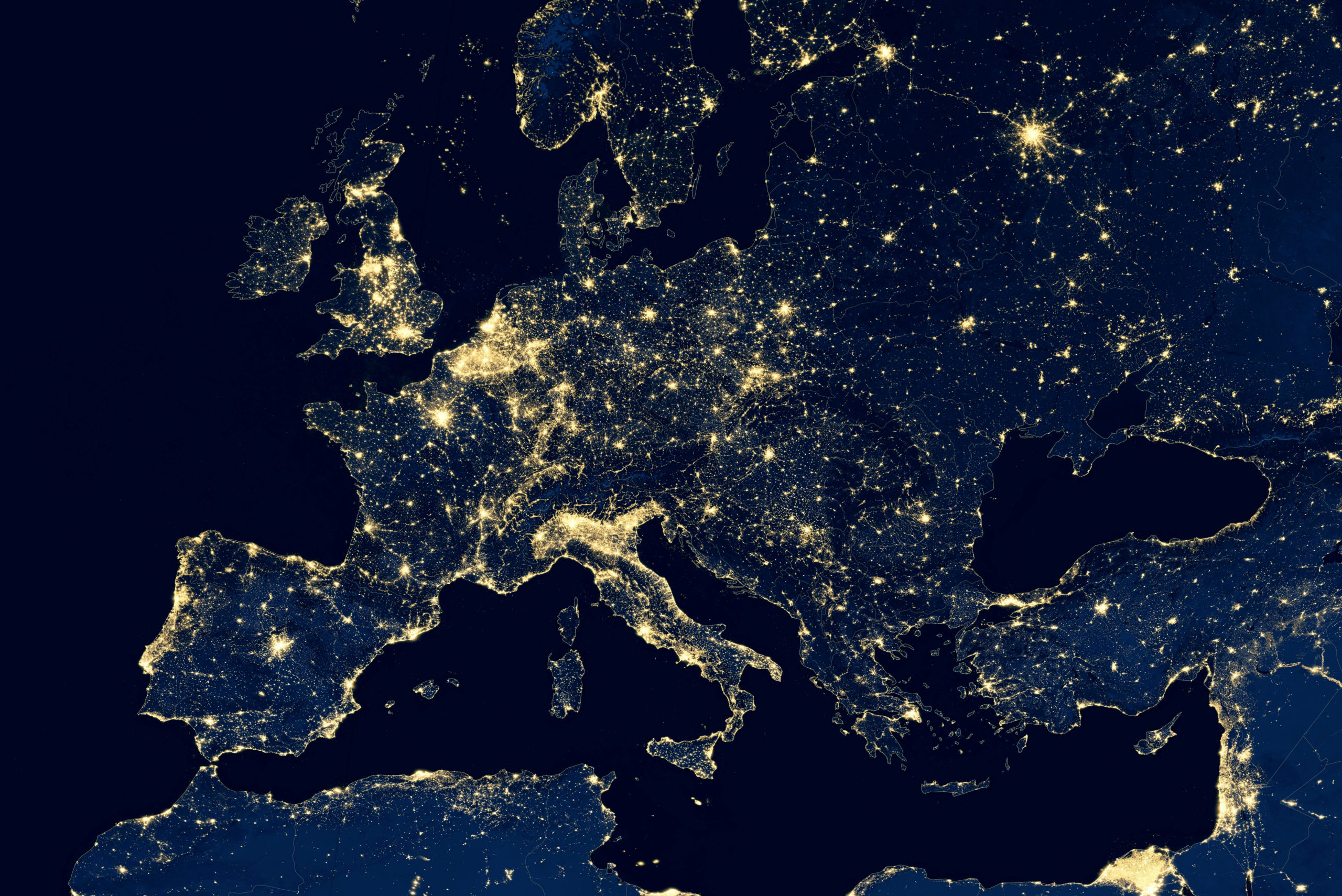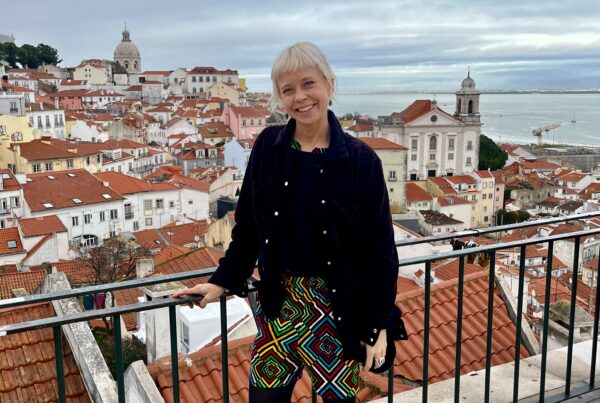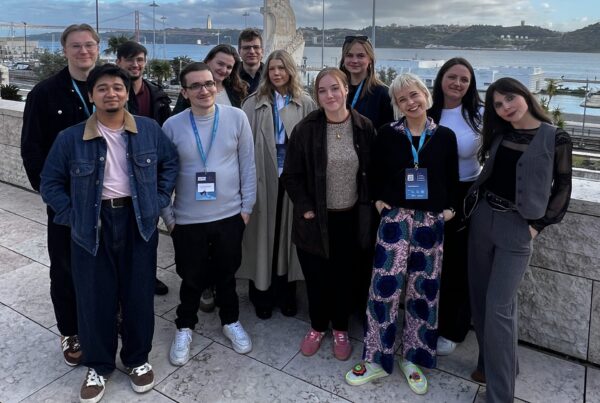
Spring School on ‘Shifting Paradigms in Europe?’
19-21 April 2023 | The University of Oxford
Is this for you?
Are you interested in the causes, processes, and impact of large changes in ideas, politics, religion, society and technology, whether in the past or in contemporary society? What are the key turning points in European history? Are we living in one right now? And how can we best understand these pivotal moments?
This Spring School offers a truly multi-disciplinary approach, to hear from experts and contribute your own thoughts. Applicants must be studying towards a master’s or doctorate and must be attending a university that is a member of the Europaeum network.
Content and approach
Is the twenty first century one of major paradigm shifts within Europe and in Europe’s relationship with the wider world? The Russian invasion of Ukraine and subsequent energy crisis has been characterised by some politicians as a significant paradigm shift on the scale of 9/11. With the digital transformation, climate crisis and green transition, and the pandemic fundamental aspects of everyday life are being called into question and/or transformed, while new political and social movements such as populism and Black Lives Matter call into question the way society is organised. Recent EU policies on Digital Services, the Conference on the Future of Europe, and the Year of Youth have all been hailed as transformational changes. Claiming there are fundamental changes in the way we live and organise society is of course nothing new. Historically we can trace this back to antiquity.
This Spring School will bring together master’s and doctoral researchers in Humanities and Social Sciences subjects to explore themes related to transformational shifts in Europe in diachronic and multidisciplinary perspective.
We invite applications from master’s and doctoral candidates at Europaeum member universities who wish to either just join the discussions or present a 15 minute paper based on their research. We especially welcome proposals for papers addressing the theme of paradigm shifts in relation to the following topics:
- war and its consequences
- regime change / revolutions
- colonization and decolonization
- EU integration and expansion
- economic, scientific, or religious transformation
- theoretical or methodological shifts within or across disciplines
- significant changes in historical, institutional, or cultural memory
- shifts in public consciousness, such as populism or environmentalism
Participants will join lively working groups during the event and hear from experts in their field such as Lenka Buštíková (Oxford University) and Judith Pollmann (Leiden University). Those not presenting a paper will be allocated a role as discussant to kick-start Q&A sessions following on from presentations. Successful applicants will be provided with free accommodation and reimbursed reasonable travel expenses.
Applications should include the Europaeum application form, a brief CV, a statement of purpose (up to 500 words), and a reference letter from their supervisor or academic advisor. Those who wish to submit a paper should also add a short abstract of the proposed paper (up to 500 words). For more information about how to apply visit: https://europaeum.org/programmes/events-activities/
Deadline for submission of applications and abstracts: 21 January 2023
All submissions should be sent to office@europaeum.org
Who can apply
We welcome applications from master’s and doctoral students from within the Europaeum network who wish to either present a 10 to 15-minute paper or contribute to the discussions. Participants will be given pre-event reading materials and join lively working groups during the event. Those not presenting papers will be asked to take an active role in discussing the papers.
How to apply
Please read the full details in the Guidance for Applicants page before applying. You will need to submit the following documents – all in English – to office@europaeum.org by the deadline.
- a completed application form
- a CV
- a statement of purpose (max 500 words) giving details of your academic interests and what you would expect to gain from attending this event. Applicants who do not wish to present a paper are encouraged to demonstrate strong affinity with the topic.
- a reference from your supervisor or academic advisor
- a title and abstract (up to 500 words) if you are proposing to present a paper
Queries
The Guidance for Applicants page should answer most queries. If not, Michael or Lily at office@europaeum.org will be happy to help.



